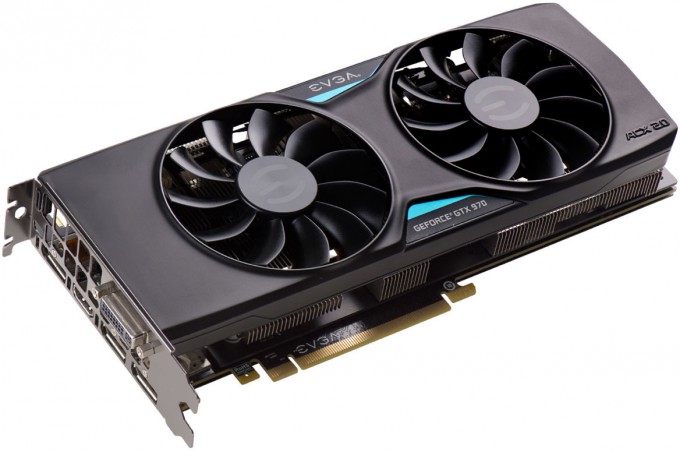- Qualcomm Launches Snapdragon 4 Gen 2 Mobile Platform
- AMD Launches Ryzen PRO 7000 Series Mobile & Desktop Platform
- Intel Launches Sleek Single-Slot Arc Pro A60 Workstation Graphics Card
- NVIDIA Announces Latest Ada Lovelace Additions: GeForce RTX 4060 Ti & RTX 4060
- Maxon Redshift With AMD Radeon GPU Rendering Support Now Available
NVIDIA Settles GeForce GTX 970 Class-action Lawsuit, Will Pay Owners $30 Per GPU
It appears that the saga of the oddly designed memory subsystem of NVIDIA’s GeForce GTX 970 is finally reaching its conclusion. According to a class-action monitoring website, NVIDIA has agreed to dole out $30 to each customer that purchased a GTX 970, with there being no limit on the number of cards that can be claimed (so don’t fret, SLI users).
This debacle surrounding the GTX 970 began well over a year ago, when some users discovered with the help of a benchmark that only 3.5GB of this 4GB graphics card was operating at the speeds people would expect. The remaining 500MB never disappeared, but because of the architectural design, it was effectively crippled in speed.
At the time, I didn’t consider this to be a big problem, because from personal testing, I found a 3.5GB framebuffer to be plenty for the resolutions that the card’s target audience would be using. However, if this were to come out today, I would have a very different opinion, as the market is finally beginning to fill up with titles that can use more than 4GB without exotic resolutions. Rise of the Tomb Raider is a good example. In reality, we might soon reach a time when 4GB simply won’t seem like enough in general.
As a result of NVIDIA’s alleged deceit. multiple class-action lawsuits were filed against the company, and as we can now see, one of those has proven successful.
So, how do you claim your $30? That’s a great question – it’s simply not clear right now. The website reporting on this progression notes that you can sign up for its newsletter to keep apprised of updates, or simply to visit its website from time to time to check.
What does seem certain at this point is that these refunds will only affect those inside of the US. We might have to wait for NVIDIA to come out and acknowledge this report before we can learn more. If you’re overseas, you’ll probably have to wait for the class-action suits in your region to be settled, but there is no guarantee that the results in those will match this one.
I still believe that the GTX 970 is a fantastic GPU, 500MB loss be damned. But, as this lawsuit proves, it doesn’t always pay for companies to obfuscate the facts.





